When it comes to natural sweeteners—at least the ones that have calories— there’s really only two choices: Raw, unfiltered honey, and blackstrap molasses. Both are real foods with actual nutritious compounds in them, like enzymes and minerals. Yet they’re still sugars, and will raise blood sugar just as much as Domino’s sugar cubes. So, if you’re very sugar-sensitive, they may not be the best choices.
In addition to honey and molasses, there are multiple choices for non-caloric sweeteners—artificial and not-artificial. These are what I call the ‘packet sweeteners’, many of which are routinely offered at coffee shops and restaurants across the country. Splenda, Equal, Stevia, Sunett™, Sweet One™ and Xylitol all fit the bill, as do a couple of others listed below.
Here’s what I think of each of them, and whether I approve.
SUCRALOSE (SPLENDA) (NO)
The little yellow package is very far from innocuous. Research in the Journal of Toxicology and Environmental Health, Part B: Critical Reviews found that Splenda causes a variety of harmful biological effects in the body. Splenda also alters the amount and the quality of beneficial microbes in your gut, essentially screwing up your micro biome.
I would never use this sweetener.
Stevia (YES)
Stevia is a plant native to South America, and has been used for thousands of years as a natural sweetener. It’s about 200-300 times sweeter than sugar. It won’t raise blood sugar, and it appears to be perfectly safe for most people. The only downside is a licorice-y aftertaste which many like and many hate. (I’m in the latter group.)
Perfectly fine to use!
MONK FRUIT (YES)
Monk fruit has been used for centuries in China as a remedy for sore throats, colds and congestion. In southern China, it’s considered a longevity aid. It’s a low-calorie, low-glycemic food used as a sweetener in beverages and foods. It’s also known as Lo Han (see below).
It appears to be perfectly safe.
LO HAN (YES)
Lo Han is another name for Monkfruit. See above
ERYTHRITOL (YES)
Erythritol, like Xylitol, is a sugar alcohol. Sugar alcohols are naturally found in different fruits and vegetables’ fibrous parts. Erythritol itself can be found in pears and melons. Our body can’t break it down so it basically provides zero calories and zero glycemic response. I’ve been using erythritol for years and I’ve never heard even a word of buzz about any negatives.
Definitely OK to use!
XYLITOL (YES)
Xylitol is a sugar alcohol that has a specific benefit—it helps to prevent bacteria from taking a hold on your teeth. That’s one reason it’s used in “tooth friendly” products and recommended by dentists. It also has an ability to strengthen and re-mineralize gums and teeth.
I’ve always liked Xylitol and have used it for over a decade. The only thing to be aware of is that, like many other sugar alcohols, it can have a tendency to cause diarrhea and bloating in some people. It’s definitely safe for people with diabetes.
OK to use!
ASPARTAME (EQUAL) (NO)
Aspartame is an artificial sweetener, and the debate on whether or not it’s safe has been going on for decades. In 1980, an FDA Board of Inquiry confirmed that it “might induce brain tumors”. It had actually been banned, but due to some very shady behind-the-scenes political maneuvering, it was able to get approval, albeit under a cloud of suspicion. Neurosurgeon Dr. Russell Blaylock considers it a neurotoxin. And some people are “aspartame responders”, meaning they get really intense headaches from using this stuff (Lipton, 1989).
I would never use aspartame (Equal) and recommend that you don’t either.
AGAVE NECTAR SYRUP (NO)
Agave nectar syrup has up to 92% fructose, making it dwarf high-fructose corn syrup in terms of its negative impact on your body. (HFCS is about 55% fructose). The fact that this has somehow been branded as a “healthy” sweetener is a testament to the craft of marketing. In very tiny amounts it’s probably innocuous, but it’s been sold to us as the healthy alternative to sugar. It’s not.
Stay away.
SACCHARIN (MAYBE)
I grew up thinking that saccharin caused bladder cancer, because that’s exactly what we believed throughout the 1970’s based on some pretty compelling rat studies. But recent research has found no such link between cancer and saccharin, and the National Cancer Institute points out that the mechanism that caused bladder cancer in rats doesn’t exist in humans. That led to a 2000 repeal of the warning label previously required for saccaharin. Though it’s not been proven to cause cancer, the Center for Science in the Public Interest (a consumer advocacy group) still believes that saccharin may pose a risk.
I’d probably avoid it.
ACESULFLAME POTASSIUM (Sunett™, Sweet One™) (NO)
One of the chemicals found in Acesulflame Potassium (ACE-K) is methylene chloride, a known carcinogen linked to visual disturbances, headache, depression, liver problems, mental confusion and cancer in humans. The FDA concluded that the methylene chloride in Ace-K is sufficiently low as to be a non-issue. I’m not so sure.
I wouldn’t use this artificial sweetener.

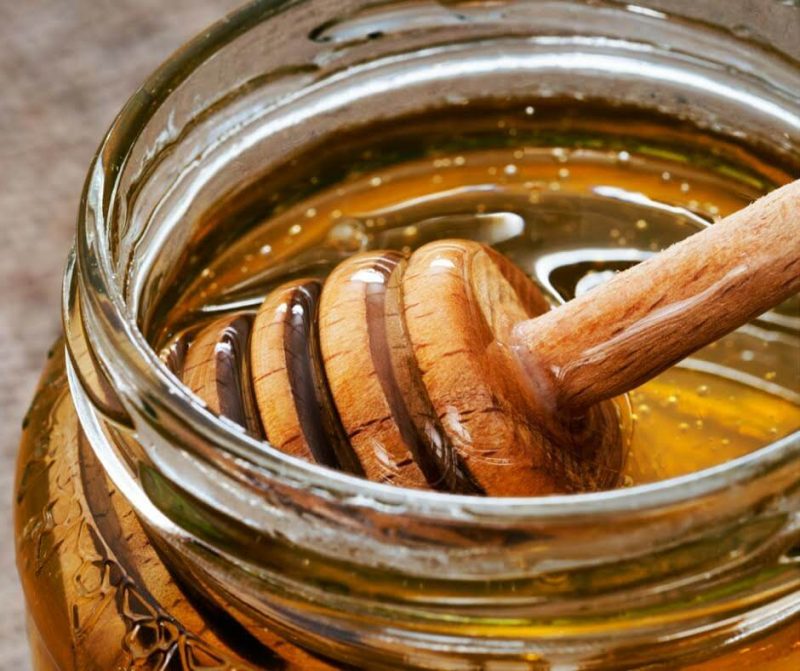



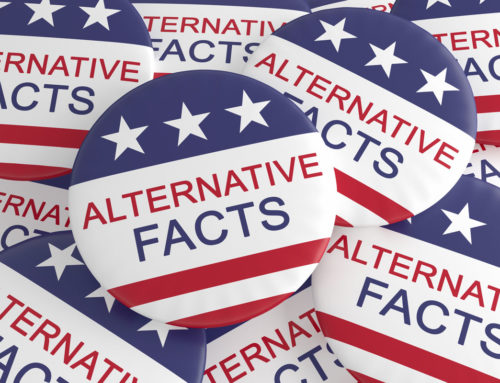
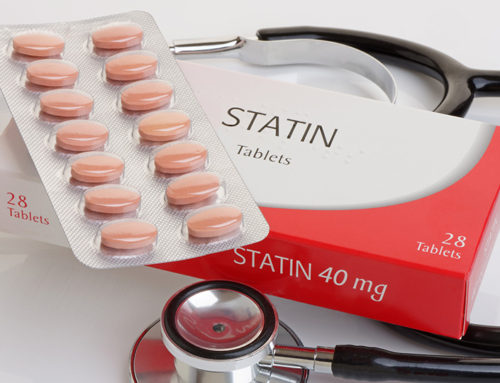
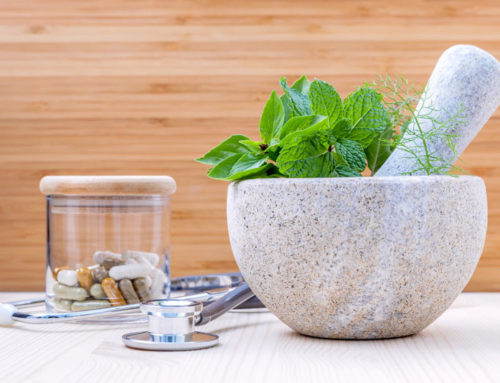
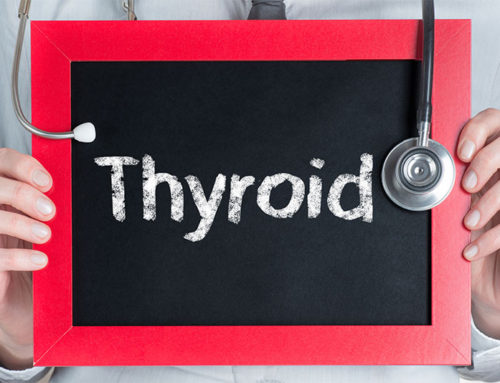





What about coconut palm sugar? What is your opinion on that?
I so agree! ?? My personal sweetener of choice is Organic stevia and fortunately, I have no problem with it’s flavor. ?
I believe that pure maple syrup should be included with honey and blackstrap molasses…No?
I was thinking the same thing!
Thanks for this information. My wife and I are big on protein / fruit / spinach smoothies but ALMOST ALL whey protein powders contain SUCRALOSE. It’s insane to me how many whey protein (and plenty of other supplements) contain sucralose. In addition to altering the amount and quality of the beneficial microbes in your gut; I’ve recently read that it may even cause leukemia. Do you have an opinion on this? We finally found a whey protein made by Optimum Nutrition called “Naturally” flavored. I believe it is flavored with Stevia. Would this be OK to use daily? The “Gold Standard” edition they have contains Sucralose!
Thanks again for the information!
Whenever we talk about Xylitol, Please, PLEASE tell people how toxic it is to dogs, 100 times more toxic than chocolate. I know you are a dog lover as am I and would want people to know. My sweet dog got hold of a pound cake and ate the whole thing with 1 cup of xylitol in it. He got so sick I had to have him put to sleep. Very sad.
Note to Jason: I use Raw pea protein powder available in Australia. I was so shocked by your post, I checked for sweetener. They use stevia. You can google Raw protein powder. They might ship to wherever you live. cheers J